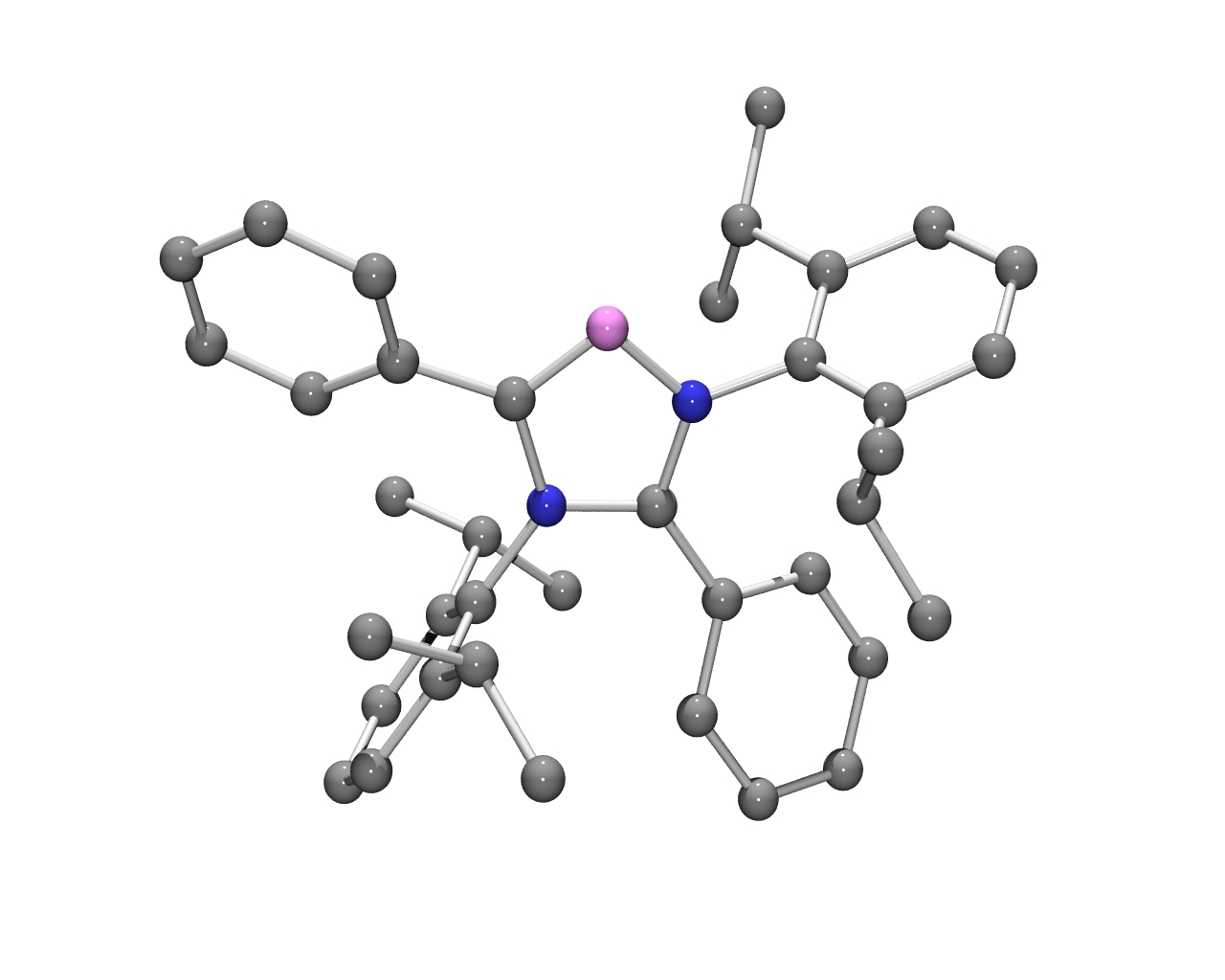Researchers from the University of Riverside in California succeeded in preparing in the laboratory a family of substances called carbenes, highly active compounds used to prepare catalysts to accelerate chemical reactions that were considered unsynthesized

Most often, the metals used in making such bracelets are rhodium, gold, platinum or palladium - all very expensive metals and in some cases, even toxic. In order to reduce the cost of catalysts, in cases where this is possible, sacrifices are used separately and independently (without the metals) in many chemical reactions.
To date, certain carbenes from this family, the aNHCs, have only been used in metal-carbene conjugates, never alone. Chemists have estimated that these carbenes are unable to exist separately, so that it is impossible to prepare them without the metallic component.
Now, researchers at the University of California, led by chemistry professor Guy Bertrand, have challenged this reasoning following the successful preparation of these metal-separated carbenes that may be used in the preparation of any desired conjugate.
"Some believe that many chemical compounds are unstable because they do not obey the laws we learned in school, and therefore no one tries to prepare them," said the chief researcher. "The role of scientists, however, is to challenge previous hypotheses. This is exactly what we did in the case of these victims, and happily we succeeded in doing so."
"These carbenes are stable at room temperature both in their solid state and in solution, which means that their application as metal-free catalysts is extremely common, and their contribution to industry is important in their use for many new chemical reactions." The research findings were published in the scientific journal Science.
"The study, in which the preparation and properties of a completely separate family of metal-absent carbenes were described, opens new horizons and has great implications for the field of catalysis," says one of the scientists. "The possible applications for the field of drug discovery and production are fascinating, since catalytic processes may reduce production costs and be environmentally friendly."
The researchers are interested in making this family of materials commercially available. "We hope that many chemists around the world will use these compounds and find new applications for them," says the lead researcher.
